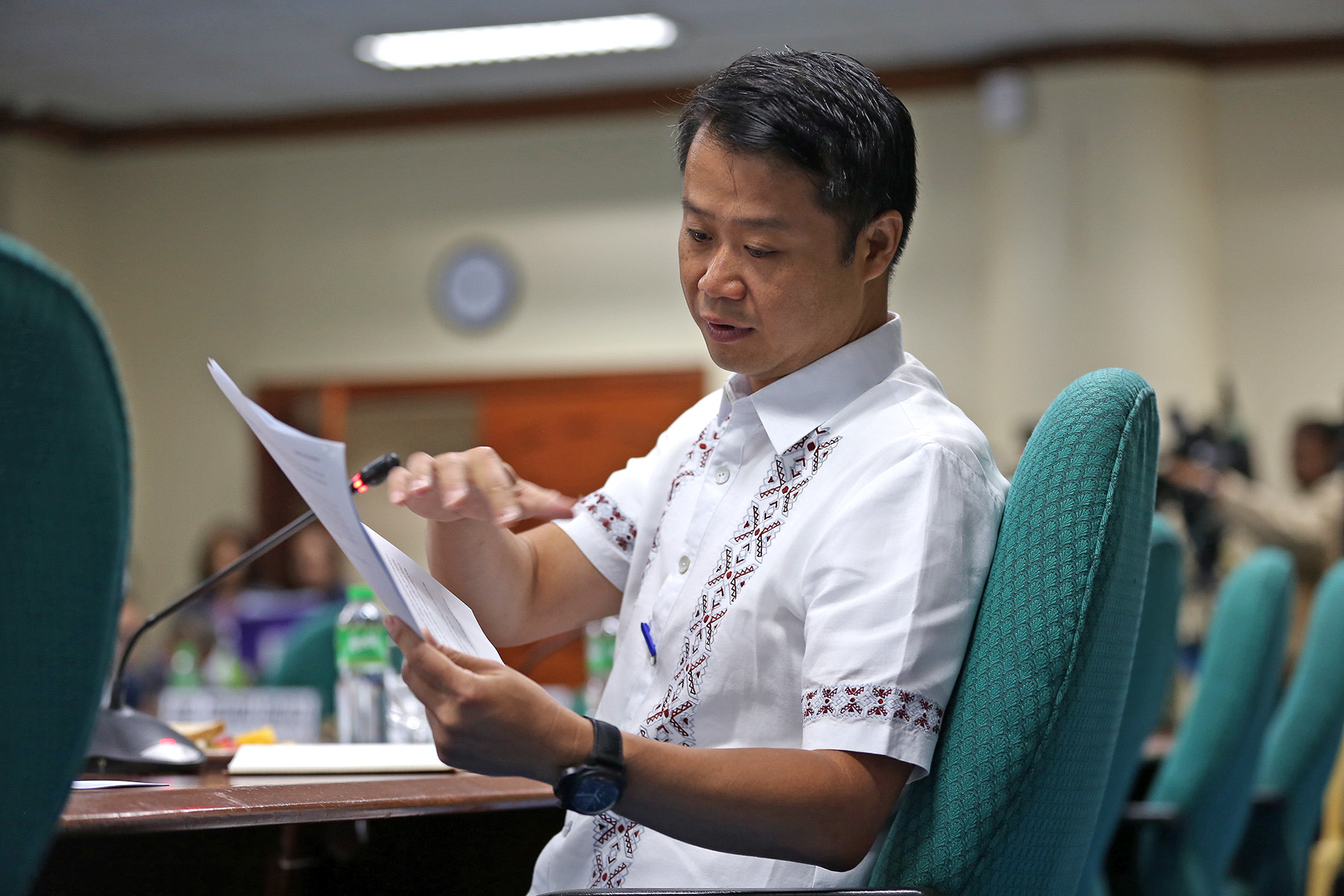Though the Department of Education (DepEd) reported that there is no clear indicator of massive dropouts among learners as they either shifted from one mode of learning to another, Senator Win Gatchalian said there should be equal focus in tracking their learning progress under the distance learning setup.

According to Gatchalian, an equally alarming scenario is having a high proportion of learners who are unprepared for their next schooling level. If this becomes the case, Gatchalian said that the entire school year would end up being a waste of both time and resources.
This is where assessment plays a crucial role, Gatchalian said, which should also identify areas where learners struggle so they could be targeted in remedial programs.
The lawmaker cited nonprofit organization Synergeia’s current roll out of assessment tests covering Filipino, English and Mathematics, which will be administered to learners in Grades 2 to 6. The tests aim to help educators and local governments determine both weaknesses and competencies that learners develop. In a meeting with Synergeia last October, mayors from Central Luzon requested an assessment tool to find out whether remote education is working.
“Ang ating layunin ay masigurong ang ating mga mag-aaral ay natututo at hindi umuurong ang kanilang kaalaman sa ilalim ng distance learning. Kaya mahalaga ang assessment tools upang matukoy natin kung saang aspeto natin sila dapat tulungan,” said Gatchalian.
Filipino learners are already struggling prior to the COVID-19 pandemic as shown by three global assessments: the 2018 Programme for International Student Assessment (PISA), the Southeast Asia Primary Learning Metrics (SEA-PLM) 2019, and the Trends in International Mathematics and Science Study (TIMSS) 2019. All three studies showed a pattern of Filipino learners struggling to master basic competencies and lagging behind their global peers.
A teachers group has recently expressed frustration that even though learners may not have formally dropped out of class, they have barely shown up in online classes or have hardly submitted their class requirements.
Gatchalian reiterated that there is also a need to assess the effectiveness of the alternative learning modalities being used, which include modular distance learning, online learning, and television and radio-based instruction.


